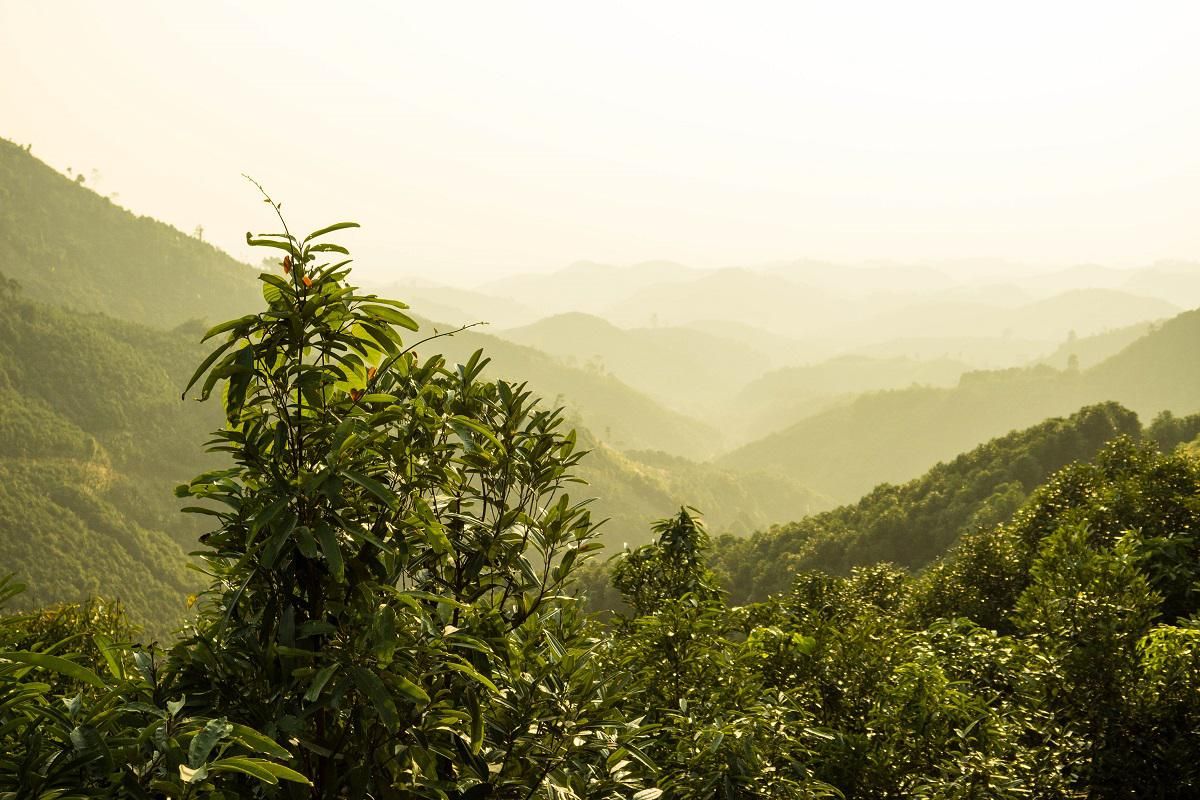12 January 2023
Suppliers
Supplier relationships: Vietnam
Product quality, fair and ethical trade, organic integrity, and fostering long-term partnerships, have been the four cornerstones of our business since it began 40 years ago.
We have been able to deliver against these principles by having teams dedicated to supplier relationship management and sourcing – roles that have relied on being able to travel to origin to spend time with the farmers, producers and suppliers. With Covid putting paid to international travel over the past few years, it was a welcome relief when members of our team were able to start making long-haul trips again, and in late 2022 travelled to Vietnam to reconnect with existing suppliers and explore new supply chains.
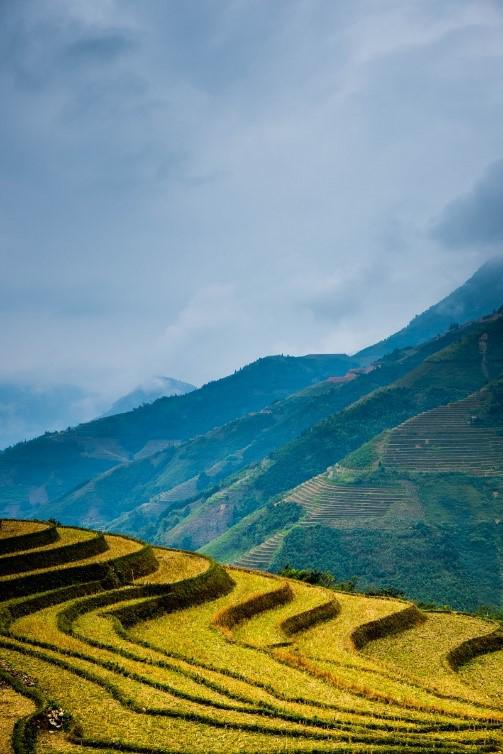
(Image: Hills in the Tran Yen district of northern Yen Bai province, Vietnam. Credit - Matt Richards, Organic Herb Trading)
We source some of our key ‘direct from origin’ products from Vietnam, and as a result we have important long-standing relationships with suppliers in the region. One of these products is Cassia, the highly-prized ingredient used the world over in culinary and medicinal recipes.
We have sourced Vietnamese organic Cassia from the Tran Yen district of northern Yen Bai province since 2019, working with a company that has developed significantly since then. From a small factory in Hanoi, to now having plans in place for building a new 10 hectares factory in Lao Cai province which will increase their capacity to process up to 10,000 tons of organic cassia annually, the work our supplier has done to grow their business has directly impacted the livelihoods of many local communities in these northern regions. In 2017, they had 868 hectares of organic Cassia and Star Anise, linking them with 418 farming households - this figure now stands at 4,367 hectares of organic Cinnamon, Star Anise and Turmeric, supporting farmers across 2,115 households. The farmers here are guaranteed to sell 100% of their products at a price 10% higher than usual market value which in turn provides security and improved living standards.
During the trip, our team met with Fair For Life (FFL) Cassia farmers within this supply chain. These farmers supply fresh Cassia bark directly to the factory, a progressive model establishing a direct relationship between farmers and processor, giving the farming community greater financial stability. Here premiums received from the FFL programme were spent on the completion of a bridge in conjunction with a government project, providing much-needed infrastructure improvements to the local area.
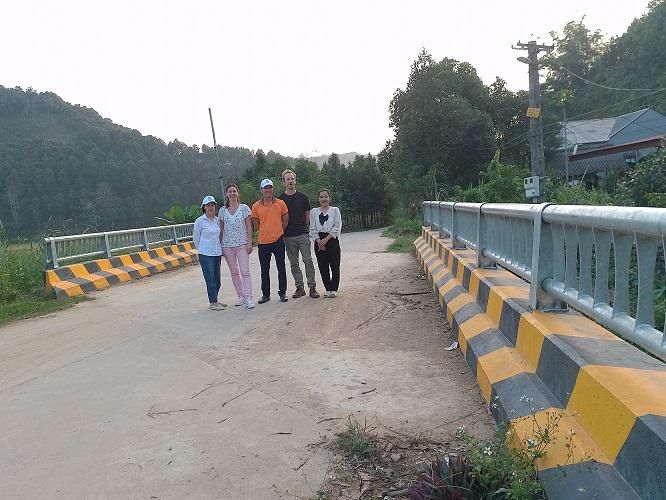
(Image: New bridge completed using FFL premiums, Florine Favey & Matt Richards from Organic Herb Trading, and supplier colleagues)
Cassia is generally harvested when it’s between seven and 15 years old, with older trees commanding a higher value thanks to the increased essential oil content in their bark as they age. No part of the cut trees goes to waste - once the bark is harvested, leaves are used to be distilled for essential oils and the wood is turned into furniture. Both the leaves and wood are also used as fuel sources.
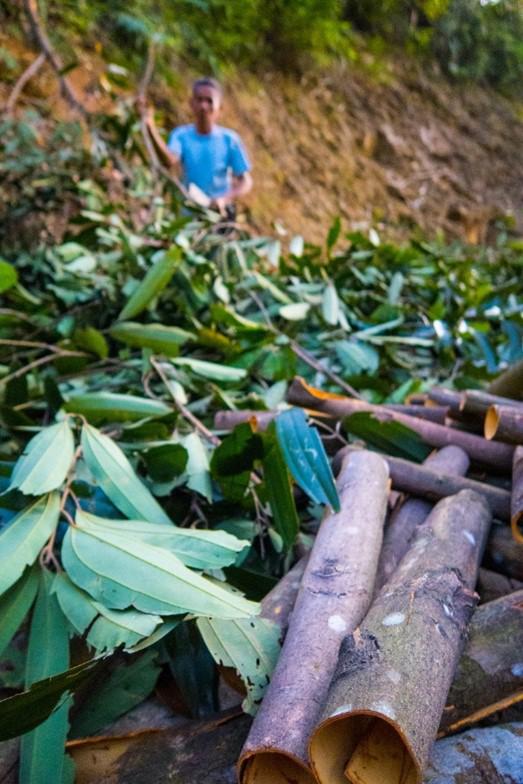
(Image: Cassia leaves and bark. Credit - Matt Richards, Organic Herb Trading)
Deforestation continues to provide challenges for crop growing areas in these regions, however our supplier is engaged with the Rainforest Alliance and was certified by them in 2022.
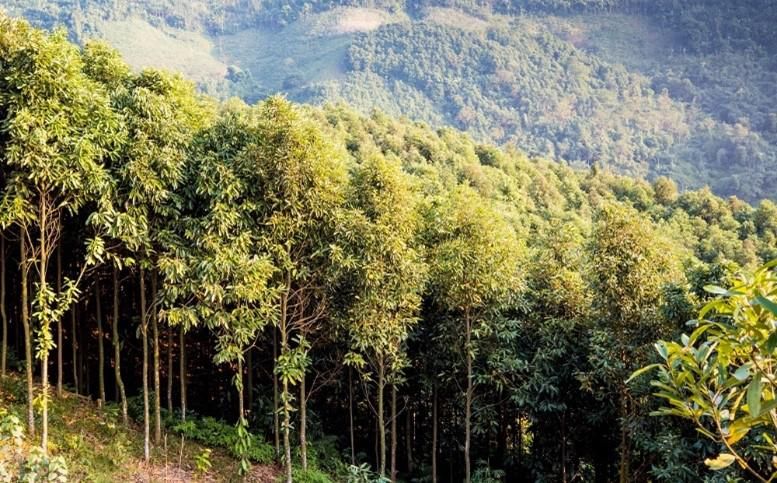
(Image: Cassia trees. Credit - Matt Richards, Organic Herb Trading)
These trips are paramount to ensure we are able to gather first hand understanding of conditions, quality, development and working practises on the ground at origin, and in turn we are able to pass this knowledge on to our customers providing them with the integrity that unpins everything we do.
For more information about how we work with suppliers, visit our Sourcing page.


